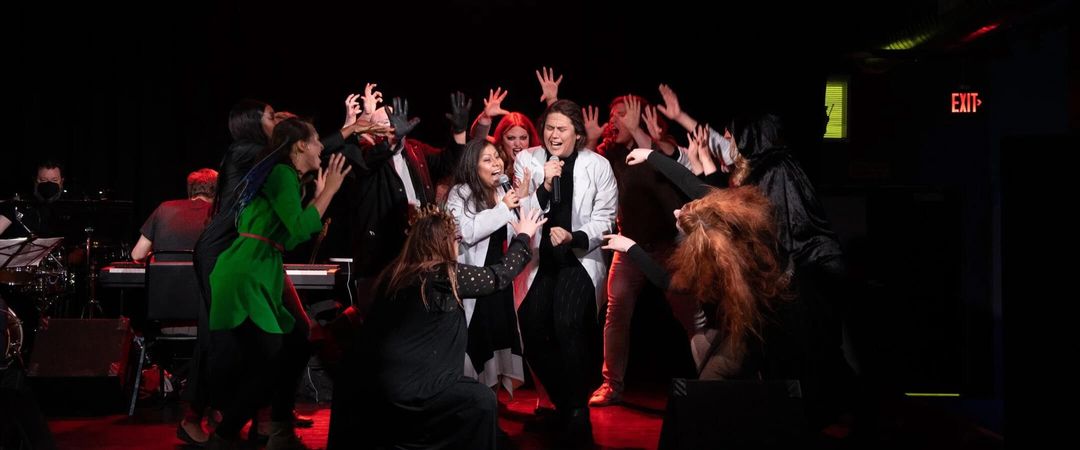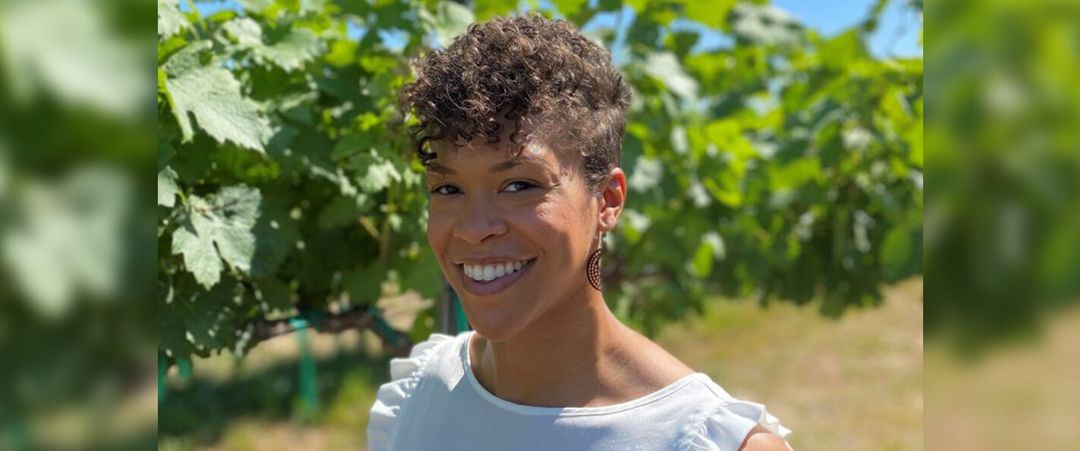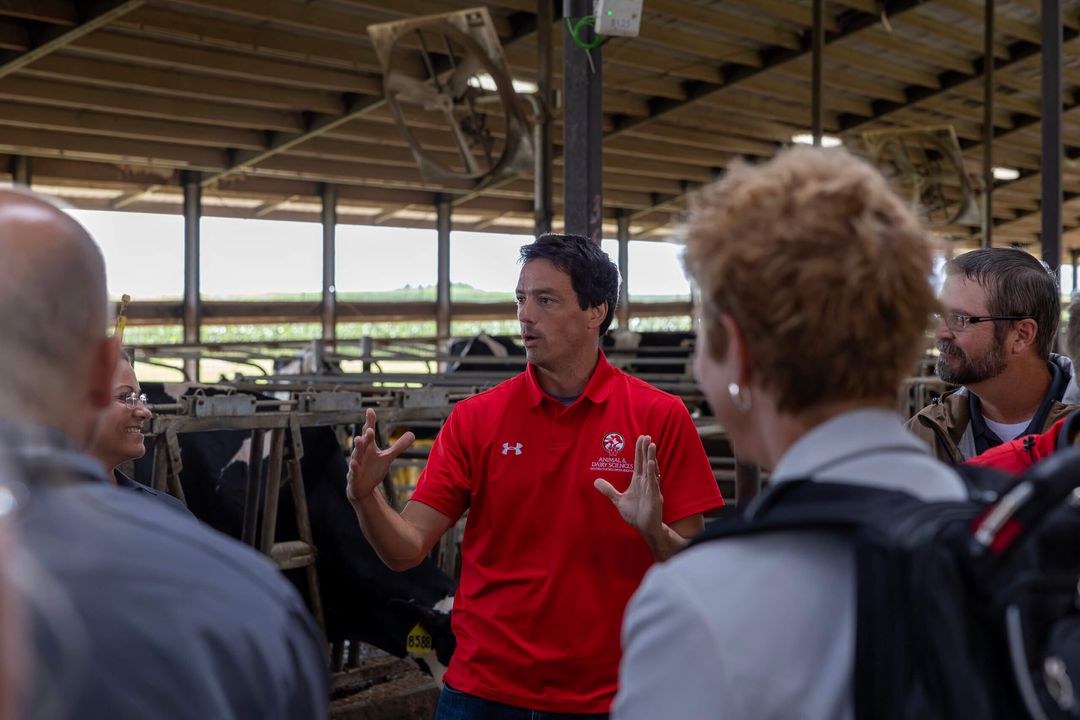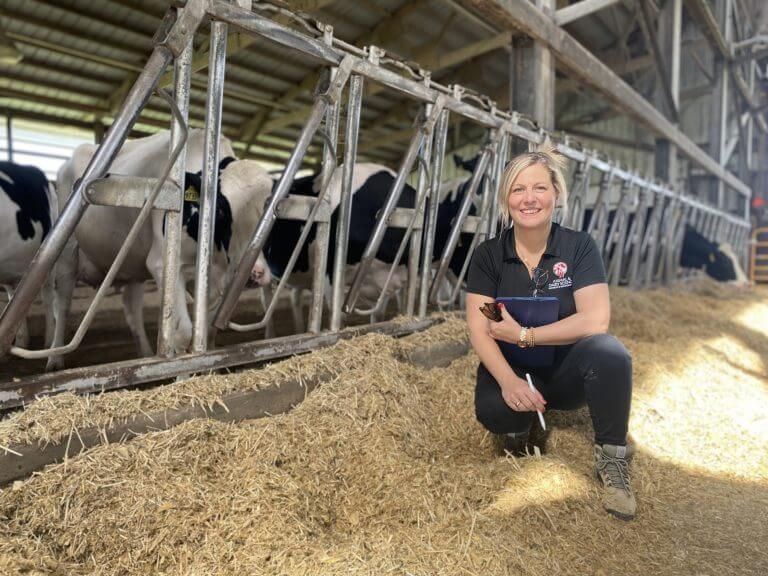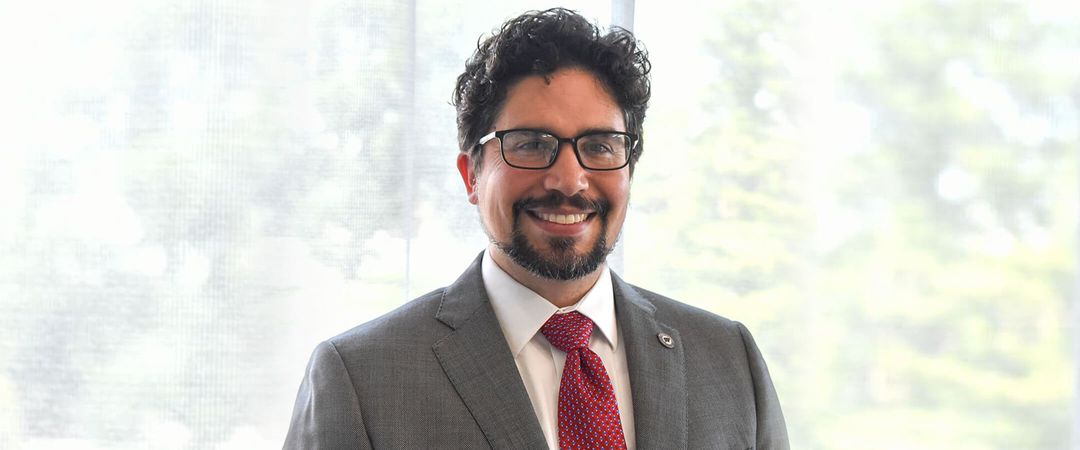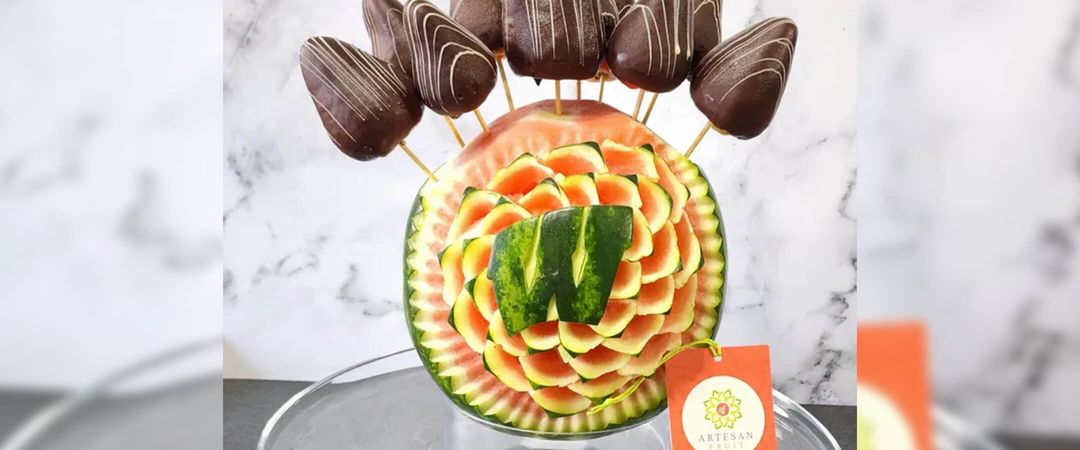Quilen Blackwell ’06 went to UW–Madison to study history, but he left with a passion for helping communities build a better future for themselves. The Madison native chose his hometown university because of the financial aid package it offered — he was a Mercile J. Lee Chancellor’s Scholar — but what left an impression on him was the Wisconsin Idea: using the tools he learned on campus to bring about positive change in the world.
Blackwell volunteered in the Peace Corps and worked as a community organizer before joining with his wife, Hannah, to found Chicago’s Southside Blooms, a floral business that is located in, and hires from, some of the city’s poorest neighborhoods in an effort to help those residents make better lives. In 2014, Southside Blooms began farming in urban spaces, and over the last decade, Blackwell has helped Chicagoans learn to succeed in the floral business.
What’s the goal for Southside Blooms?
The number one thing I want people to know is that this is ultimately about preserving life in all its forms — first and foremost human life, and then ecological life. It’s about trying to bring people together in a way where we’re working with Mother Nature, we’re working with the environment.
How did the idea for Southside Blooms come about?
I grew up in Madison, far away from the violence and poverty of the ’hood. I drew inspiration from Booker T. Washington and George Washington Carver as models of how to empower African Americans in very impoverished areas. I figured, hey, if they were able to do that in the Jim Crow South, we should have an easier time. All I have to do is focus on the economic side of it.
How did the UW inspire your work?
One of my history professors was Colleen Dunlavy. She really helped me to improve my writing and learn how to think critically about history and how to take historical ideals and project them not only for the present but for the future. And that has helped a lot with my work with Southside Blooms because there’s a lot of historical inspiration that we draw from people like Washington and Carver and Jane Addams. That really helped to inspire the work that we’re doing
Why flowers?
The reason why flowers gained traction is that, one, it’s inherently an artistic endeavor, and many of our youth are very creative people. The other thing is that, from an economic standpoint, there isn’t as much competition as other industries. About 80 percent of the flowers in the United States come from overseas. There’s a place for us in the market.
What kind of events does Southside Blooms serve?
We’re a full-service florist, so we can do everything from low-end retail to high-end events. Our best seller in terms of arrangements is wedding flowers. We do a lot of weddings. We’ve done big-budget weddings of $25,000 all the way down to just your regular $500 to $1,000 budget weddings.
What are your most popular flowers?
Definitely peonies and violets. We sell a lot of those.
What’s next for Southside Blooms?
This year, we’re going to be opening up our second flower shop on the west side of Chicago. Beyond that, what we’re really pushing for is national expansion. Obviously, Chicago isn’t the only city that is dealing with inner-city issues, and we have gotten a lot of requests from across the country.
